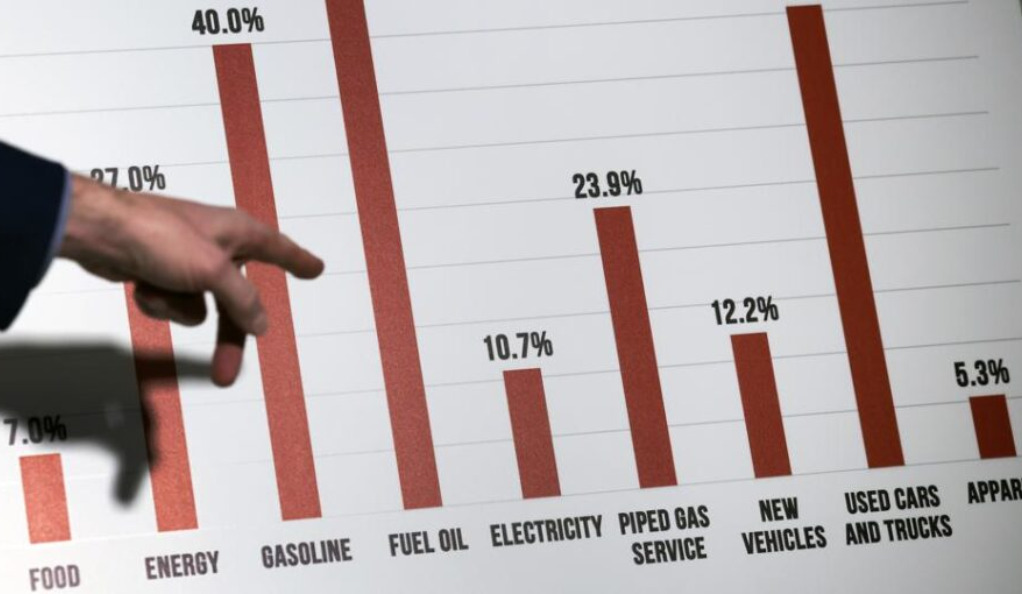Social Security benefits play a crucial role in ensuring the financial security of retired individuals and those with disabilities. These benefits are adjusted annually to account for changes in the cost of living, typically measured by the inflation rate. However, in recent years, inflation rates have been declining, raising concerns about the impact on Social Security benefits. In this article, we will explore the link between declining inflation and Social Security benefits and analyze the effects of decreasing inflation on these crucial financial lifelines.

The Link Between Declining Inflation and Social Security Benefits
The annual adjustment of Social Security benefits is based on the Consumer Price Index for Urban Wage Earners and Clerical Workers (CPI-W), which reflects changes in the average prices of goods and services typically bought by urban wage earners. The goal of this adjustment is to ensure that the purchasing power of Social Security benefits remains stable over time.
When inflation is low or declining, as has been the case in recent years, it means that the overall prices of goods and services are increasing at a slower rate. As a result, the adjustment to Social Security benefits may not fully keep up with the rising costs of living. This can lead to a decline in the purchasing power of Social Security recipients, affecting their ability to cover essential expenses such as housing, healthcare, and basic necessities.
Analyzing the Effects of Decreasing Inflation on Social Security Benefits
The impact of decreasing inflation on Social Security benefits can be significant. For instance, if inflation is at a historically low level, the annual adjustment to benefits may be small or, in some cases, non-existent. This can lead to a decrease in the real value of Social Security payments over time.
Moreover, declining inflation can also affect the long-term financial sustainability of Social Security. The program relies on a combination of payroll taxes and trust fund reserves to finance benefit payments. When inflation is low, the growth of the program’s revenue through payroll taxes may be slower, putting additional strain on the trust fund. This can potentially impact the future ability to pay out benefits at current levels, necessitating policy adjustments to ensure the program’s solvency.
In conclusion, declining inflation rates have a significant impact on Social Security benefits. As inflation decreases, the purchasing power of these benefits may decline, making it harder for recipients to meet their financial needs. Additionally, the long-term financial sustainability of the program may be compromised when inflation is low, potentially necessitating adjustments to maintain its solvency. As we navigate these challenging economic times, it becomes crucial to closely monitor inflation rates and make necessary adaptations to ensure the continued effectiveness of Social Security as a vital safety net for retired individuals and those with disabilities.
Ainu Token aims to offer impartial and trustworthy information on cryptocurrency, finance, trading, and shares. However, we don't provide financial advice and recommend users to conduct their own studies and thorough checks.



Comments (No)